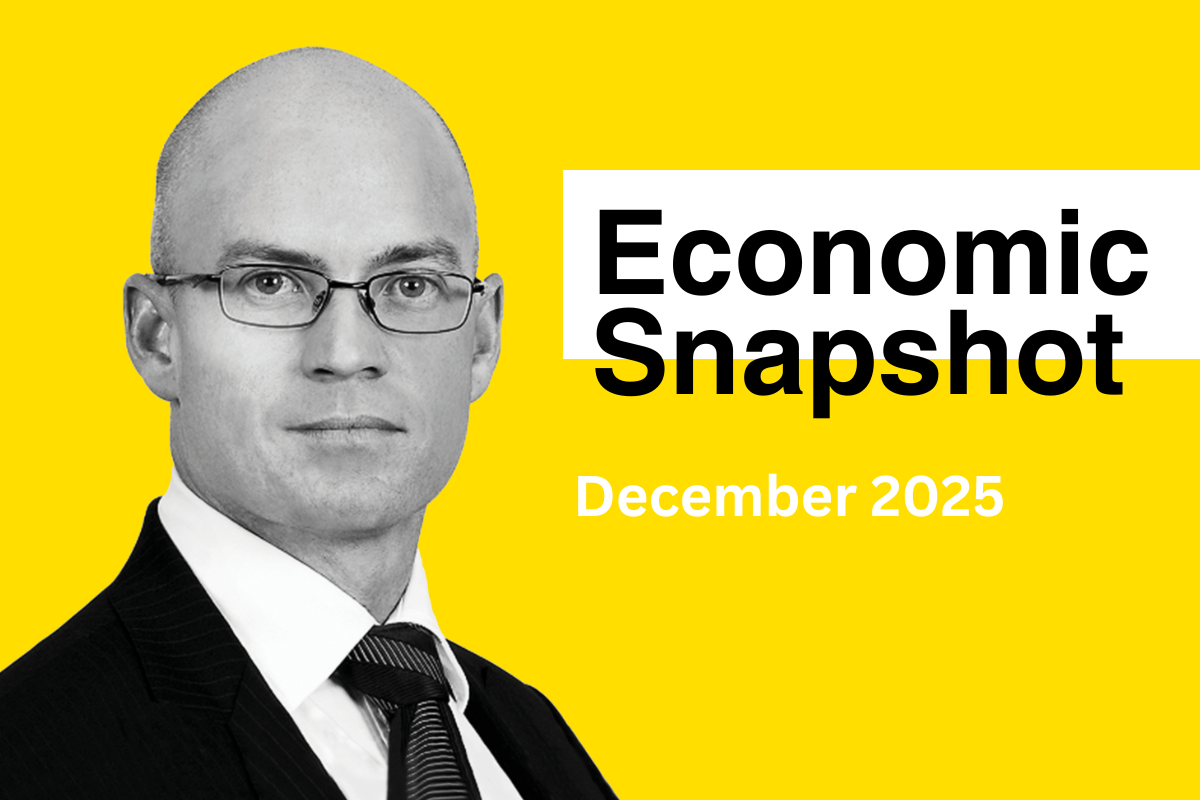
When it comes to Estate Planning, most Australians are not aware of they own exactly until they start preparing their Will. To avoid awkward conversations and unfortunate surprises, these are few things you should keep in mind.
Estate assets versus non-estate assets
“Estate assets” are those owned in your personal name, which means all of them will be distributed as you planned and stated in your Will.
However, there are quite a few assets which you’re not the actual owner: your life insurance and your superannuation are two of the most common misconceptions. Did you know that you don’t possess ownership rights to assets held by a family trust of which you may be a beneficiary? If you own a property with your significant other, family member or friend – the correct term is joint tenants – you don’t have the right to gift your share to a different person under your Will. All of these fall under the category of “non-estate assets”.
Keep an eye out for your assets
A very basic Will should cover the future of your estate and non-estate assets after death. With the help of a professional, you can ensure that all assets are properly identified and will be received by the person you nominated in your estate plan when the day comes.
Some things to consider for estate and non-estate assets
- You can nominate the beneficiary you would like to receive your superannuation death benefits or lift insurance proceeds when you die. There are some restrictions governing who can be nominated to receive these entitlements and the superannuation nominations (also called ‘binding death benefit nominations’ or BDBNs) are generally only valid for three years. It is important to remember who you have nominated and to update your beneficiary nomination if your personal circumstances change. The usual reasons people change their BDBNs include marriage and the birth of children. Self-managed super funds (SMSFs) have their own, more complex, regulations about beneficiary nominations and the continuance of the fund after the death of a member – so professional advice is a very good idea.
- When it comes to family trusts, there is often confusion about who is entitled to what when one of the beneficiaries of the trust dies. The Trustee – which can be a person or a company – of the family trust is the legal owner of the trust assets. They are responsible for managing the trust assets for the benefit of the beneficiaries and must act according to the legal document (the Trust Deed) which governs the operation of a family trust, how assets can be distributed and how Trustees are appointed. But here’s the important part – a beneficiary of a family trust is not able to bequeath trust assets in their Will.
- A blended family means a multitude of additional considerations – including more thorough thinking about estate planning. A solid plan will take into account how a couple wants their jointly and individually-owned assets to be distributed to each other, their children from previous marriages, and their children from the current partnership if there are any, plus any other intended commitments real or implied to extended family. It is important to remember that ALL jointly held assets will automatically pass to the surviving partner when the first of them dies. If your intention is to leave something to your children pre your current marriage, then you must have sufficient assets in your sole name to achieve this objective. Your Will must address what your intentions are for your portion of the jointly held assets and the asset you own outright. Disputes between the children of one of the partners and the left behind step-parent often arise because of the failure to leave clear and well-documented estate plans. Where you know your intentions in your Will may cause confusion or controversy, it is wise to also leave a letter or record of your thoughts and explain why you did what you did with your estate plan.
- It is important to know what you own outright – or what you still carry debt on. This applies most commonly to car loans or a house with a mortgage. The Will should clearly specify whether the loan is to be paid off by the estate before ownership of the asset is transferred to the beneficiary. Of course, this assumes there are enough funds in the estate to make these payments and to then transfer absolute ownership to the beneficiary – otherwise you leave your beneficiaries with a debt that they may struggle to pay off.
Other considerations
A significant other
It’s no surprise that marriage and divorce cause important changes to our Will. But de facto relationships also have an impact in our estate plan, and that’s why it’s a good idea to discuss your relationships (current and past) with a professional to avoid any unpleasant surprises.
Major financial changes
If you’re a lucky lottery winner or inherit a large amount of money, property or some other valuable asset, you might want to make sure these are distributed the way you intend to, even though you may not need to change your Will at all.
The little ones and other dependents
Ongoing guardianship and maintenance of children is a very important part of an estate plan. If you are caring for a child, or if you are providing financial support for a child, then it’s important to think about what would happen if you were no longer around to provide this care or support.
Giving back to the community
Some people feel a strong desire to include philanthropic gestures in their Wills. There is also the option of establishing a perpetual charitable trust in the Will to get the most out of your philanthropic intentions.
Enduring Powers of Attorney
These documents are a must in estate planning, as they grant us the possibility of appointing one or more individuals to act on our behalf if we’re incapacitated for some reason. Attorneys can be appointed to act in relation to financial matters, personal or lifestyle matters and medical treatment matters.
Latest News Articles
Back to Latest News
What a Financial Plan Actually Looks Like

Realistic Budgeting Tips for Australians in 2026


